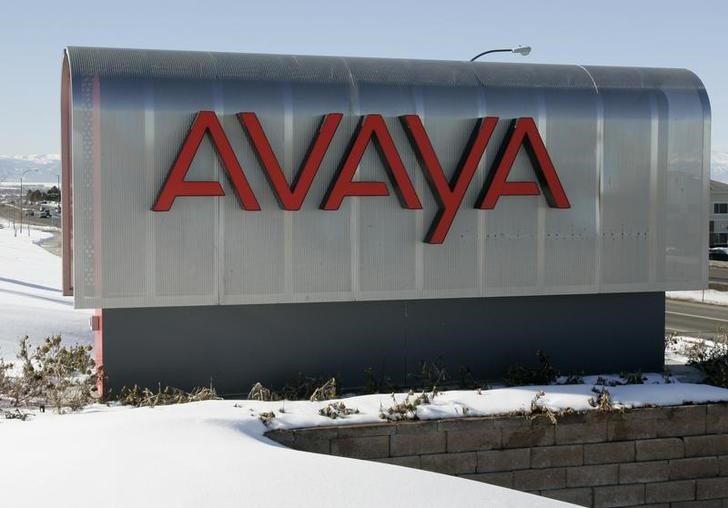By Tom Hals
WILMINGTON, Del (Reuters) - A path has been cleared for telecommunications company Avaya Inc to exit Chapter 11 bankruptcy in an agreement with its senior creditors and the government's pension insurer, Avaya said in a statement on Monday.
Avaya said that it had backing from holders of more than half of its $4.38 billion first-lien debt and a settlement with the Pension Benefit Guaranty Corp to terminate its underfunded salaried employee pension plan.
The agreements could cut more than $3 billion from the $6.3 billion in debt Avaya had when it entered bankruptcy in January.
Avaya had faced challenges in trying to transition to software and services from a business centered on hardware, and failed to sell its call center business.
Avaya also struggled with pension obligations. The PBGC has said Avaya's hourly workers plan was underfunded by $660 million and its salaried workers plan was underfunded by $1.24 billion.
The Santa Clara, California-based company will pay the PBGC $300 million and give it 7.5 percent of the stock in the reorganized Avaya in return for transferring obligations for the salaried plan to the PBGC, according to court documents.
The reorganized company will maintain its pension plan for hourly employees.
Under the plan, which must be approved by Avaya's creditors and U.S. Bankruptcy Judge Stuart Bernstein in Manhattan, debt holders will be repaid with a mix of cash, new debt and stock in the reorganized company.
A new board will be named by holders of the company's first-lien debt, who will own a majority of the stock in the reorganized company. Holders of the first-lien debt include funds affiliated with The Blackstone (NYSE:BX) Group's GSO Capital Partners, Davidson Kempner and JPMorgan Chase & Co (NYSE:JPM), as well as dozens of other firms.
Avaya estimated in court papers its enterprise value, which includes debt and equity, at $5.721 billion.
First-lien debt holders will receive about 95 percent of what they are owed, while holders of $1.44 billion in second-lien notes will receive about 1.6 percent, according to court papers. Unsecured creditors will receive around 8.2 percent of the $305 million they are owed.

The company's debt stems in part from an $8.2 billion buyout in 2007 by private equity firms Silver Lake Partners LP and TPG Capital LP.